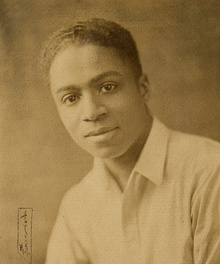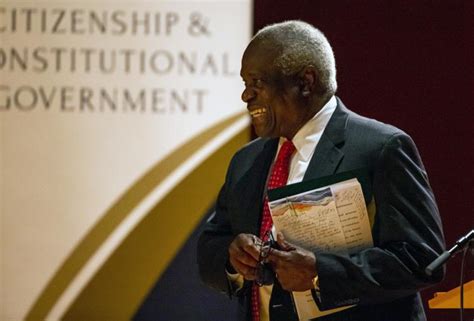A Quote by Amiri Baraka
I had a little portable typewriter. I call it my Harlem Literary Fellowship.
Quote Topics
Related Quotes
I remember visiting my grandmother Adele in Ponce Inlet, Florida, when I was three years old, and she had an IBM electric typewriter. I thought that this electric typewriter was about the most fascinating toy in the world - I liked the little bell and the sounds and the feel of the keys and especially the erase key.
I got a call one morning from Oran Hesterman, who was the president of the Fair Food Foundation, saying that the Fair Food Foundation was shutting down effectively as of that day, because they'd been caught up in the Madoff scandal. It affected me because the fellowship that I had was actually funded in part by the Fair Food Foundation. That meant that my fellowship was pretty much null and void.







































